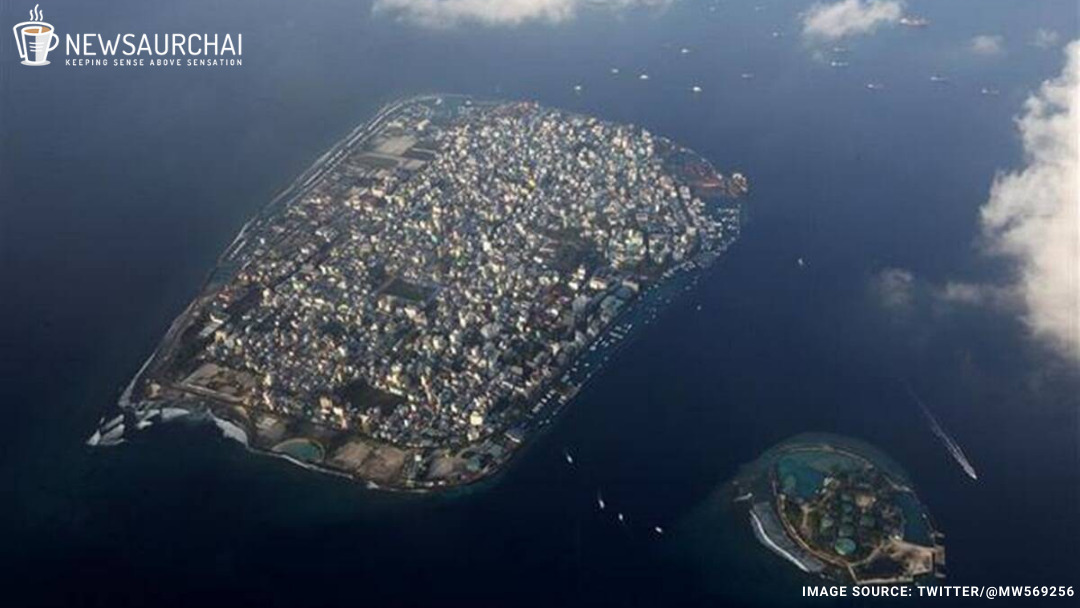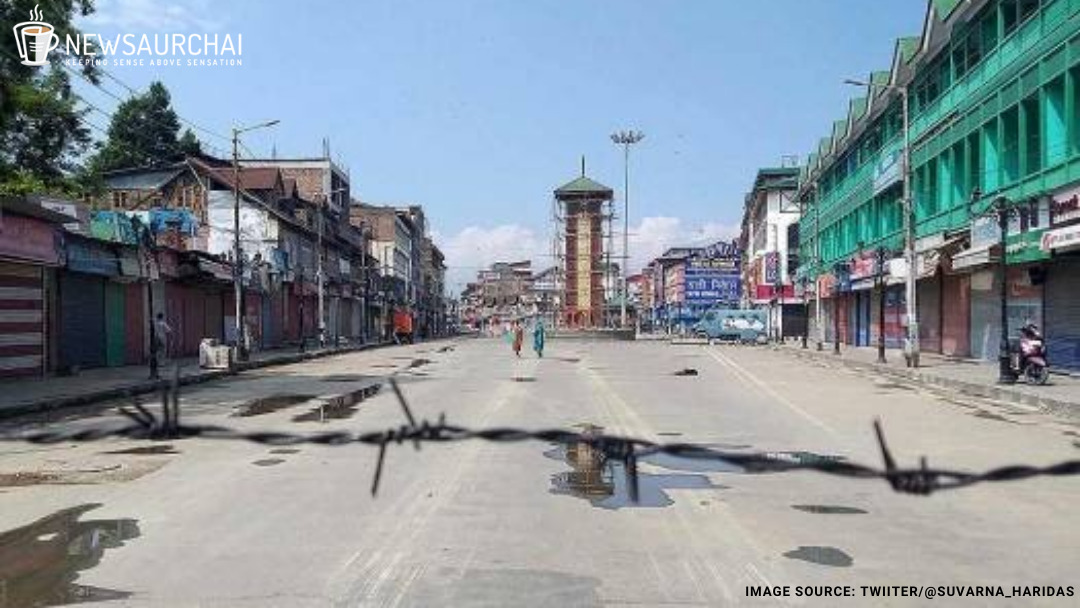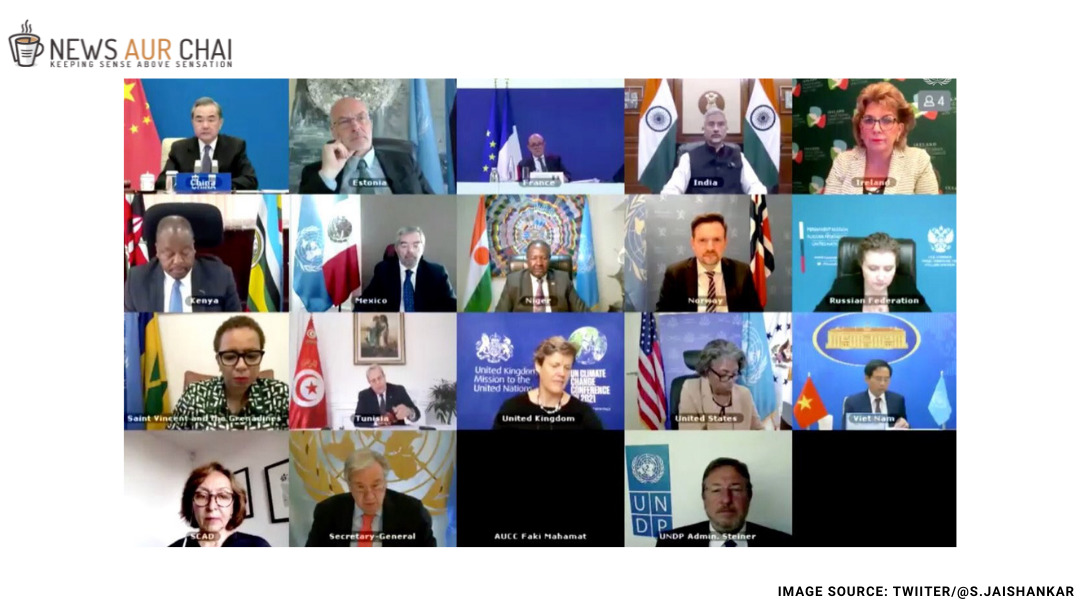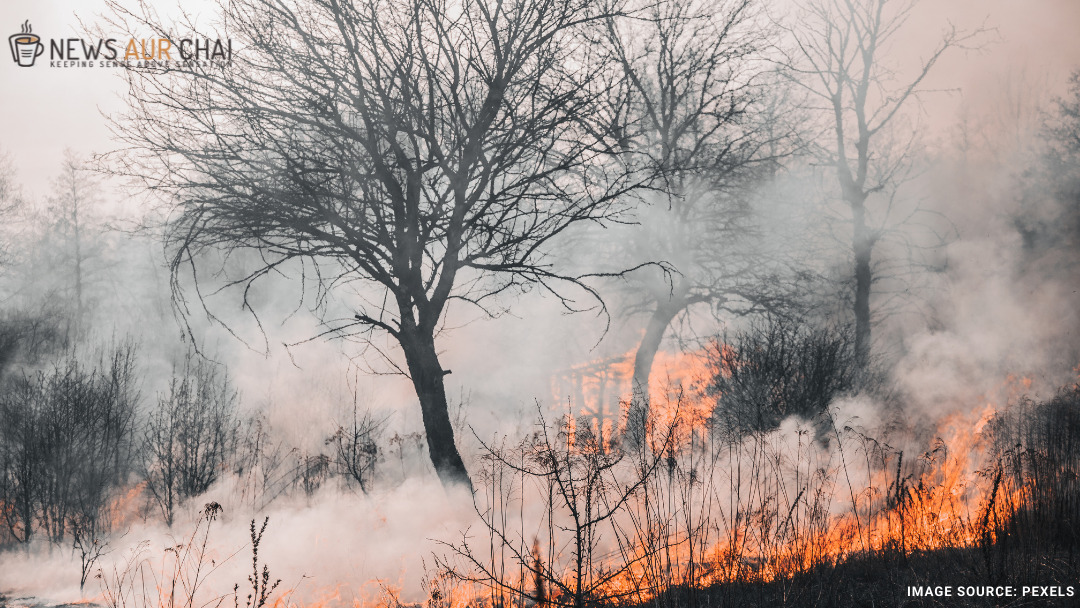
The ‘India-out’ campaign, which started almost a year ago as on-ground protests, has now spread like wildfire across social media platforms.
The Indian High Commission in the Maldives sought government intervention and greater security in response to what they call “recurring articles and social media posts attacking the dignity of the High Commission”.
A letter written by the Indian High Commission to the Country’s Ministry of Foreign Affairs was leaked last week. The letter quoted the Preamble of the Vienna Convention on Diplomatic Relations [1961] and stated: “These attacks are motivated, malicious and increasingly personal”. The High Commission further expressed that these attacks could “potentially damage the time-tested and mutually beneficial bilateral relations between India and the Maldives”.
This letter addressed by the High Commission went viral across the Maldivian local media and social media platforms, which ignited intense discussions across the political sphere in the Maldives regarding the same. On July 2, the ruling party, the Maldivian Democratic Party, was ultimately coerced to release an official statement in response to the issue. The statement expressed “concern over the ill-founded and disparaging remarks against Indian diplomats”.
It also explicitly mentioned the name of Ahmed Azaan, co-founder and writer of a local news channel, Dhiyares, who has been taking part in a “continuous barrage of anti-India vitriol” that “appears to be a well-funded, well-orchestrated and pre-meditated political campaign with the express purpose of whipping up hatred against the Maldives’ closest ally, India.”
In response to the accusation by the MDP, Shifxan Ahmed, the co-founder of Dhiyares who has been active in the protest throughout, stated, “We are just protesting military presence in the country. We are not calling for a violent clash against India or Indians in the Maldives,”.
He also said, “This ‘India Out’ campaign is not about people-to-people relations. We want Indians to feel safe in our country. So if there are people who use violent threats using the ‘India Out’ hashtags, we condemn those posts. We are about peacefully expressing our concerns. It is an issue-based movement,”.
WHAT IS THE REASON BEHIND THE ANTI-INDIA SENTIMENTS IN THE MALDIVES?
The anti-India sentiment can be traced to almost a decade back when Indian-Maldives relations deteriorated during the five years of Progressive Party’s [PPM] rule when in 2013 Abdulla Yameen Abdul Gayoom became President.
According to a research analyst at Manohar Parrikar Institute for Defence Studies and Analyses, Dr Gulbin Sultana, whose area of research includes the Maldives, the anti-India sentiments were evident even back then as “A lot of anti-India rhetoric was used during that time because the Maldivian government was pro-China,” stated Dr Sultana
But it would be over-exaggeration to say that the rule of the Yameen Government alone had generated the “anti-India” sentiments. Even though the Government’s tilt towards China was evident, it had also initiated the discussion for the “India-First” Policy for the Maldives.
Dr Sultana points out several other issues that might have led to the generation of “anti-India” sentiments over the years.
One of the most prominent ones being the long-drawn controversy over the two Dhruv Advanced Light Helicopters (ALF), which were given over to the Maldives by the Indian Government in 2010 and 2015 for humanitarian purposes like ocean-search and rescue operations, maritime weather surveillance, or for airlifting patients between islands, however, the handing over of these helicopters was portrayed as if the Indian Government was trying to create a military presence in the country, by some of the people in the “anti-India” constituency in PPM.
Eventually, in 2016, the Yameen government had requested India to take back these gifted helicopters and refused to prolong the term of the agreement, extending their stay in the country.
According to Shifxan Ahmed, one of the main reasons behind the “India-out” campaign can be traced back to this very controversy about ALF choppers and India’s alleged refusal to take them back.
INDIAN SECURITY CONCERNS AMIDST THE PRESENT SCENARIO
The letter leaked by the Indian High Commission has triggered intense accusations by the “India-out” campaigners against the Indian High Commissioner, Sunjay Sudhir, for interfering in the Maldivian Domestic affairs.
According to sources, the High Commission’s request for action “in accordance with International law and Maldivian Law” against the individuals who have violated the code of conduct of the Vienna convention is being interpreted as “interference” in domestic affairs.
The Maldivian Government, in their official statement issued on July 2, also stated that “Because of tweeting false news by ‘Dhiyares News‘ about diplomats and some of the people who work in diplomatic missions, some people are commenting that they will protest in front of the Chinese embassy and they will blast Indian High Commission up, on social media.
Because of this, these two Missions have requested to increase and ensure the safety and security of the buildings. With that request security personnel of the Maldives have increased and enforced the security of these two buildings.”
On July 3, the Maldivian Police Service further announced that they had arrested the 42-year-old Maldivian who threatened to bomb the Indian High Commission in Malé. They also assured that the case is being investigated with “utmost seriousness by the Serious and Organised Crime Dept of the Maldives Police Service”.
With “anti-India” sentiments being at their peak in the Maldives, as is evident with the “India-out” campaign, “India has to work on perception management in the Maldives and the Indian High Commission can do it. They need to earn the goodwill of the people,” according to Dr Sultana.





